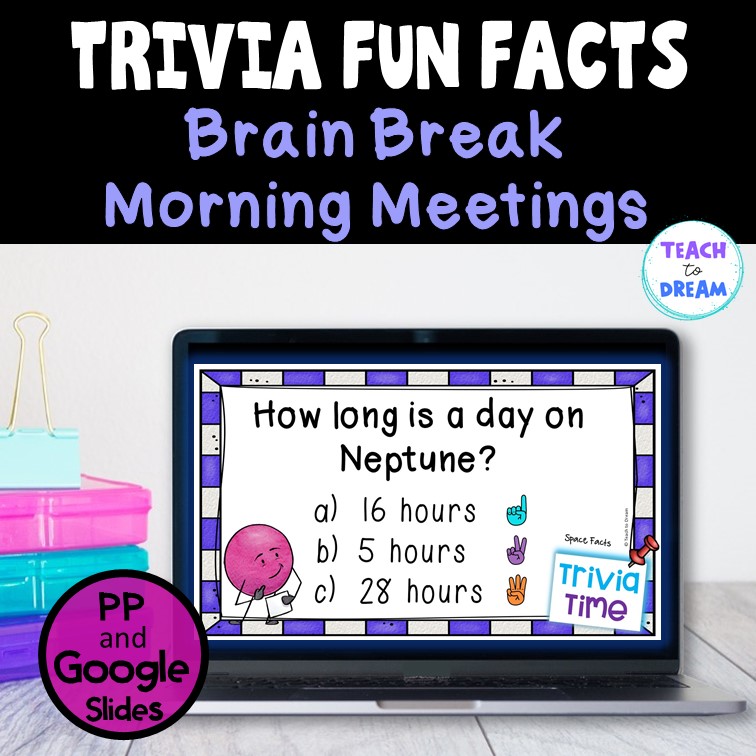According to Jean Piaget, in his theory of cognitive development, there are four stages that each individual goes through.
According to Jean Piaget, in his theory of cognitive development, there are four stages that each individual goes through.
These include the Sensorimotor stage, the Preoperational Stage, the Concrete Operational stage, and the final stage in someone’s development, the Formal Operational stage. Find out more about what the formal operational stage is, when this stage occurs, some fundamental features people develop in this stage, and steps for supporting the Formal Operational stage of development.


The Formal Operational stage is the final step of someone’s development into the person they become as an adult, characterized by the greater use of abstract thought in how people make decisions. Entering this stage allows a greater understanding of larger concepts and systems, with people thinking more systematically. This leads to a greater understanding of politics, ethics, and history.
This final stage of development starts at approximately the age of eleven. There is a reason that schooling worldwide changes at this age, with US schools starting middle school, high schools in the UK starting at eleven, and even Secondary schools in China doing the same. The Formal Operational stage marks this clear shift in how students see issues and respond to how people teach them. Piaget did, however, state that some people never reach this stage of their development.
The Formal Operational stage, in theory, never ends. People are always developing how they approach problems and engage with learning new concepts in the real world. This includes people studying philosophy at university to approach their lives in a new manner, all the way to elderly people developing how they think about some of the problems in their lives. As there is no stage beyond Formal Operation, that is the stage people remain in throughout their adult lives.
There are some key features to look for in the Formal Operational stage, including:
Deductive logic fully emerges at the Formal Operational stage of development. This involves someone seeing an event or series of events and piecing together a narrative from these events. While some people theorize that deductive reasoning is content specific, this stage of development demonstrates that it is a skill that people develop over an extended period. Reasoning in this way is beneficial for a student’s outcomes in Science and Math, as students apply a series of theories and functions to the problems they face.
Abstract thinking refers to thinking about concepts and theories that students cannot see or interact with in the real world. This includes philosophical concepts about what “good” means, political ideas such as democracy, and untestable theories such as thought experiments. This abstract thinking benefits student performance in the humanities and other areas of work that require theoretical thinking rather than practical tests, as with the sciences. Abstract thinking also benefits people completing long-term planning since they visualize the concepts more effectively.
Problem-solving refers to the ability to plan an efficient approach to a student’s issue. At an earlier stage, such as the Preoperational stage, students would see the complex problem and avoid interacting with it. The Formal Operational stage sees people engage with the issue step by step, looking at all of the facets of the problem before coming to a solution that resolves the issue and leads to better outcomes for everyone.
Hypothetical-deductive reasoning is a cornerstone of the scientific method and a method of thought that young people use outside of scientific environments without considering the methodology itself. This involves rigorously developing a hypothesis and testing it to discover whether the theory is right. In contrast, people at a younger age would insist that they have the right response. Thinking this way is important in academia while being present in people’s leisure time, such as testing ideas in a game they are playing.
There are several steps that educators can take to lead people through the Formal Operational stage in a way that achieves a young person’s potential, including:
Engaging students effectively is an underlying step that schools follow when maximizing outcomes for their students. Academic research shows that encouraging a high degree of engagement leads to a better quality of learning at the undergraduate level for academic rigor. Schools do this in several ways, including implementing more fun tasks for students in the classroom and actively asking students what they want to do throughout a course, providing them with choices.
Most of this form of development focuses on rational thought and logic, adjusting how students approach problems in the classroom. Practicing these skills is an ideal way of developing them. Provide students with various relevant puzzles and challenges in a classroom environment, making rational thought an active practice rather than an occasional tool.
At the Formal Operational stage, young people have the mental capacity to understand their development and why it is an important part of who they are. Talk to mature students about their development and ask for their input and advice to develop their skills throughout their education. This also makes them feel involved and as if they have some authority over their schooling.